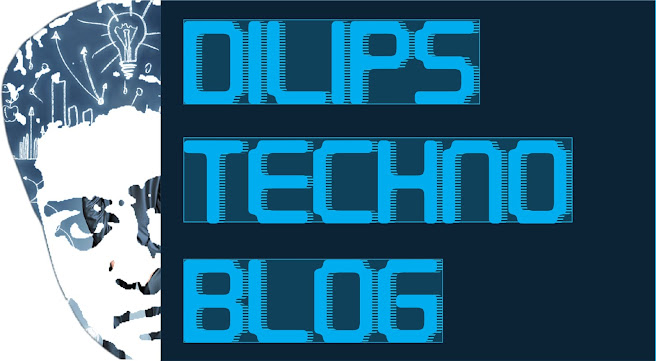Author Bio:Michelle
Patterson helps companies understand and adopt new technologies in all
aspects of their operations. She is currently working on new communication technologies that are promising a paradigm shift.
The Future of the Phone Systems
In this modern age, it is easy to conclude that technology has not just evolved, but has seemingly reached a whole new level. A decade ago, people were stopped in amazement with how traditional desk phones were able to accomplish so many tasks for their businesses. At that time traditional telephone lines, , ‘bridged’ the communication gap between two people operating in two different locations.
Today we have a whole new definition to the word communication. Of course, traditional desk phones still exist, still performing their ‘not so glamorous’ role, compared to that of the currently existing digital phones, IP phones and softphones. If a company is among those who have not yet realized the true meaning of technology evolution, it is better to start with identifying what each of these methods can bring to their table.
The Need to Switch
Several business owners have already decided to throw their traditional desk phones to the bin. Most of them have seen the benefits involved in the switch. Business owners who are currently in the state of hesitation may still believe that:
- Desktop phones are stable
- The switch would involve a tremendous amount of work, not to mention the costs involved.
On the other hand, rather than focusing on the temporary advantages brought about by keeping the traditional phone lines, keeping an open mind on the tangible benefits of switching over to the newer phone technology eventually pays off.
- Digital Phones, IP phones and softphones are comparatively cheaper compared to the relatively pricey hardware used in traditional phone lines.
- Using digital phones eliminate the need to use additional cables, cubicles, and other hardware.
- Operational support and maintenance overhead is also eliminated by using the newer technology introduced by using digital phones, IP phones, as well as softphones.
- Desktop administrators will be able to install VoIP client on the office computers as the installation process is very simple.
- Most software client applications are very portable, allowing users to use a smartphone or a laptop to be connected continuously, as long as internet connection is available.
- Aside from using voice calls, instant messaging can also be used as an alternative.
The Evolution Continues
At this point, office phone systems are already almost completely digital. Signals are converted to analog as soon as they go through the PBX of the company and out into the external phone lines. As a result, office computers can communicate with each other. All that needs to be done is to plug them to the outlets of the phones, then command them to dial the extensions, and that’s it.
The best part is, even if a company has multiple sites, and even if the sites are located in various locations all over the world, communication through IP phones is possible, and not to mention, very affordable. Traditional desk phones would never be able to offer these advantages.
In order to go with the flow, companies should be keen in accepting the fact that technology is going nowhere but forward. Therefore, before further evolutions happen, it is beneficial to start adapting and enjoying the advantages offered by newer technologies in the phone system industry.
Mail me for Guest Posts in dilipstechnoblog.com (dilipgeoffrey@gmail.com)

